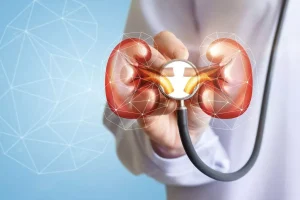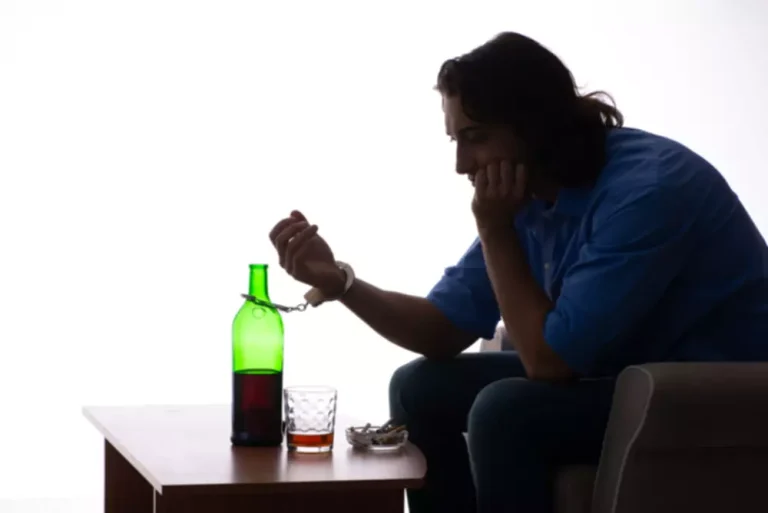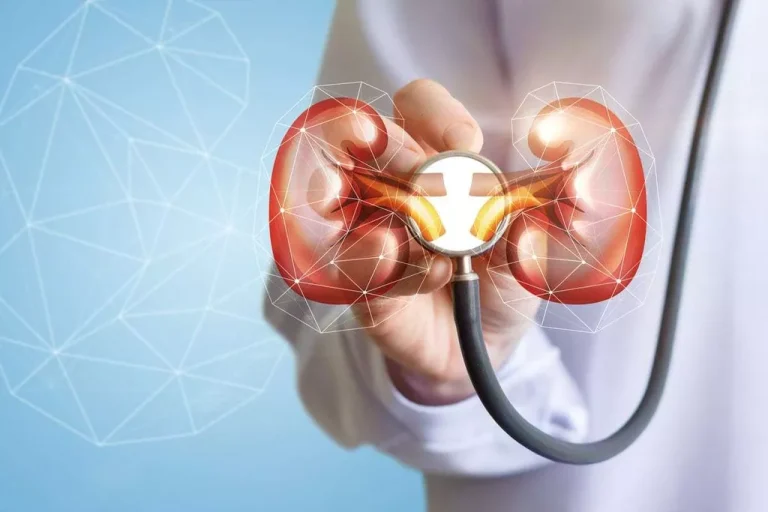Deaths from Excessive Alcohol Use United States, 2016 2021 MMWR

The term intoxication is commonly used when large amount of alcohol is consumed along with physical symptoms and deleterious health effects. Increases in deaths from excessive alcohol use during the study period occurred among all age groups. A recent study found that one in eight total deaths among U.S. adults aged 20–64 years during 2015–2019 resulted from excessive alcohol use (9).

Who May Be at Risk?
Alcohol poisoning is a serious — and sometimes deadly — result of drinking large amounts of alcohol in a short period of time. Drinking too much too quickly can affect breathing, heart rate, body temperature and gag reflex. Many factors may have contributed to these increases in alcohol-related deaths. These include the availability of alcohol, increases in people experiencing mental health conditions, and challenges in accessing health care. Generally, once your blood alcohol concentration (BAC) is 0.40 percent or over, it’s dangerous territory.
Deaths from excessive alcohol use

Men are more likely than women to drink heavily, resulting in a greater risk for an alcohol overdose. Young adults are more likely to drink excessively, leading to an alcohol overdose. Ensuring that you drink responsibly can prevent alcohol poisoning. Always drink in moderation, and keep track of the amount of drinks you’ve had. Continue reading to learn more about alcohol poisoning, the symptoms to look out for, and when to seek emergency care.

What is the long-term outlook for an alcohol overdose?
Alcohol intoxication is described as a mental and behavioural disorder by the International Classification of Diseases. (ICD-10).[25] Definitive diagnosis relies on a blood test for alcohol, usually performed as part of a toxicology screen. Because these may have varying reliability and may produce different results than the tests used for law-enforcement purposes, the results from such devices should be conservatively interpreted.
Lifestyle and home remedies
For a woman, it’s four or more drinks in the same time frame. Teens and college-age adults are most likely to engage in binge drinking. The more you drink, especially in a short period of time, the greater your risk of alcohol poisoning. If a person is so intoxicated to the point that they are non-responsive, not gasping for air, hyperventilating or not breathing at all, or showing any of the other signs of alcohol poisoning, get help immediately.
- You may be given fluids, which may be given into your veins with a drip.
- Drinking too much too quickly can affect breathing, heart rate, body temperature and gag reflex.
- Age, sensitivity to alcohol (tolerance), gender, speed of drinking, medications you are taking, and amount of food eaten can all be factors.
- For example, you might have more than 12 fluid ounces of beer in your glass, and it might be stronger than 5 percent, in which case it’d take fewer drinks to get you more drunk.
- If you suspect someone has alcohol poisoning, always call 911.
Talk to your children about the dangers of alcohol and possible overdose. According to the Mayo Clinic, open communication has been shown to greatly reduce the incidence of teen drinking and subsequent alcohol poisoning. An alcohol overdose can damage your pancreas, which digests food and monitors the levels of glucose in your blood.
- Other common myths about sobering up include drinking black coffee, taking a cold bath or shower, or walking it off.
- Deaths from causes fully attributable to alcohol use have increased during the past 2 decades in the United States, particularly from 2019 to 2020, concurrent with the onset of the COVID-19 pandemic.
- An alcohol binge can occur over hours or last up to several days.
- A person can consume a fatal dose of alcohol before passing out.
Using alcohol with opioid pain relievers, such as oxycodone and morphine, or illicit opioids, such as heroin, is also a very dangerous combination. Like alcohol, these drugs suppress areas in the brain https://ecosoberhouse.com/ that control vital functions such as breathing. Ingesting alcohol and other drugs together intensifies their individual effects and could produce an overdose with even moderate amounts of alcohol.



0 Comments